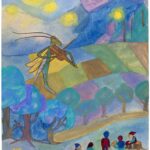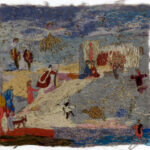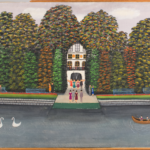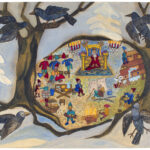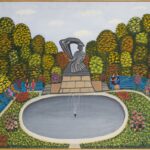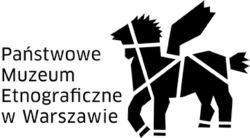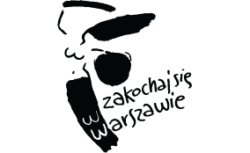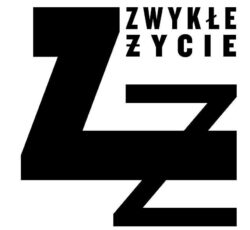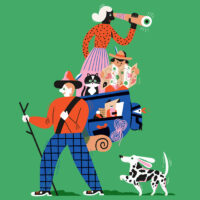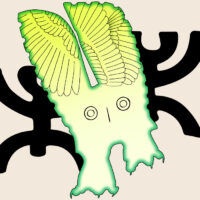WARSAW PAINTERS. Sketches from the art called naïve
Talent, passion and intuition character ise artists whose works we present at the exhibition in the National Ethnographic Museum in Warsaw. Maria Korsak, Łucja Mickiewicz, Leokadia Płonkowa and Halina Walicka are regarded as artists belonging to the circle of the most outstanding non-professional Polish painters. They were presented to the world of enthusiasts of this original, natural art by its most prominent Polish researcher and promoter, Aleksander Jackowski (1920–2017), who in 1965, in Warsaw Gallery Zachęta, organised the first Polish review exhibition of such artists’ works. The inauguration of the exposition was preceded by several years of searching among a great number of amateur creators – those who charmed Jackowski with “the authenticity of experience and perceiving the world.” Jackowski titled this presentation: Others. From Nikifor to Głowacka. “Others because each of them has his or her distinct world, restricted by the circle of sensations, experiences, beliefs, which decide the character of paintings or sculptures” (Jackowski 1965). He accentuated their important position in the Polish culture, believing that it is “enriched by them, and that means they contrib ute new values to it. Others. Not better, not worse, but just others. Comple mentary” (Jackowski 1995: 7).
This legendary and canonical exhibition showed the works of three painters from the group presented here: Maria Korsak, Łucja Mickiewicz and Leokadia Płonkowa. Halina Walicka was later added to their circle and appreciated greatly by the researcher. All these artists were described in a ground breaking work of Jackowski Sztuka zwana naiwną [The Art Called Naive], published in 1995, which constitutes a kind of the guidebook for the „classic” of the post-war and non-professional art. The book with the subtitle Zarys encyklopedyczny twórczości w Polsce [The Encyclopaedic Outline of Works in Poland] is a summary of multi annual studies, used as a textbook by subsequent generations of people who become experts and collectors. The second important criterion connecting our heroines is denoted by Warsaw – as a place of their life and a source of inspiration. Not all of them were born in the capital of Poland, but all of them spent here their adult life, the most creative years. The city encouraged them to create, brought themes, and later admired their art. The artistic cre ativity of these painters corresponded to a good time – the period of exhibitions and collectors’ activity. Today, they are forgotten. Will their art, presented after years, attract the modern audience, or maybe the exhibition will constitute only a chronicle reminder of history from before several dozen years?








